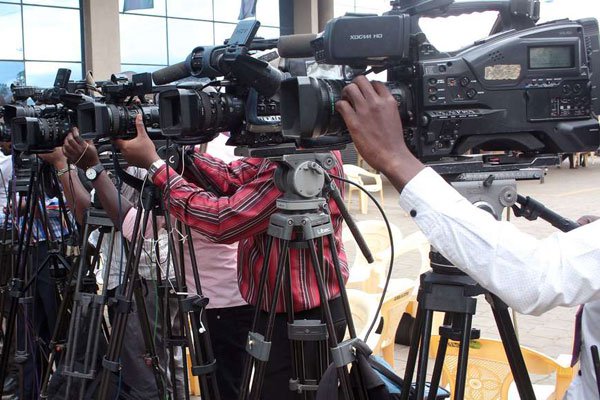These are dog days for Kenyan media. Its journalists, editors and owners have been accused of pro-government partisanship, tribalism, corruption, cowardice, selling out … name it.
The election of December 2007 was, probably, the turning point and, since then, every election has brought a new crisis, newsroom turmoil and disillusioned readers and viewers.
The crisis the Kenyan media faces today, though part of it is self-inflicted, has also been driven by factors beyond its control — mainly the internet and social media.
PRESS FREEDOM
Because people — some often writing anonymously on blogs or posting on social media — can call politicians all sorts of names and get away with it, they have shifted media consumers’ tastes.
What in the pre-social media era was considered brave and courageous journalism today comes across as cowardly.
But even as someone who braved many years in the trenches fighting for press freedom, made over 150 trips to the court to face the powers that be and spent a record number of hours in the police interrogation room over publishing stories that “endangered national security”, I am aware that, in the end, for editors and publishers, the biggest victory is to survive.
GOVERNMENT OFFICIALS
Take on the corrupt government and expose election theft, but a newspaper or television station that is shutdown or banned does not get to even publish football scores.
It is a source of tension with the public who, in Kenya at least, will no longer accept the compromise. The humiliations can sometimes be big — but still worth it.Though in Uganda I always worked with either the most radical or independent newspapers, there was a time when we had to settle for stories that read:“A certain minister, allegedly pocketed a certain amount of money, to award a contract for a big project to a business friend, who runs company X.” RADIO KATWE That is because the publishers couldn’t let us get away with naming names.But in the towns around the country, people in pubs would spend the weekend arguing and debating who the “certain minister” or “company X” was.
